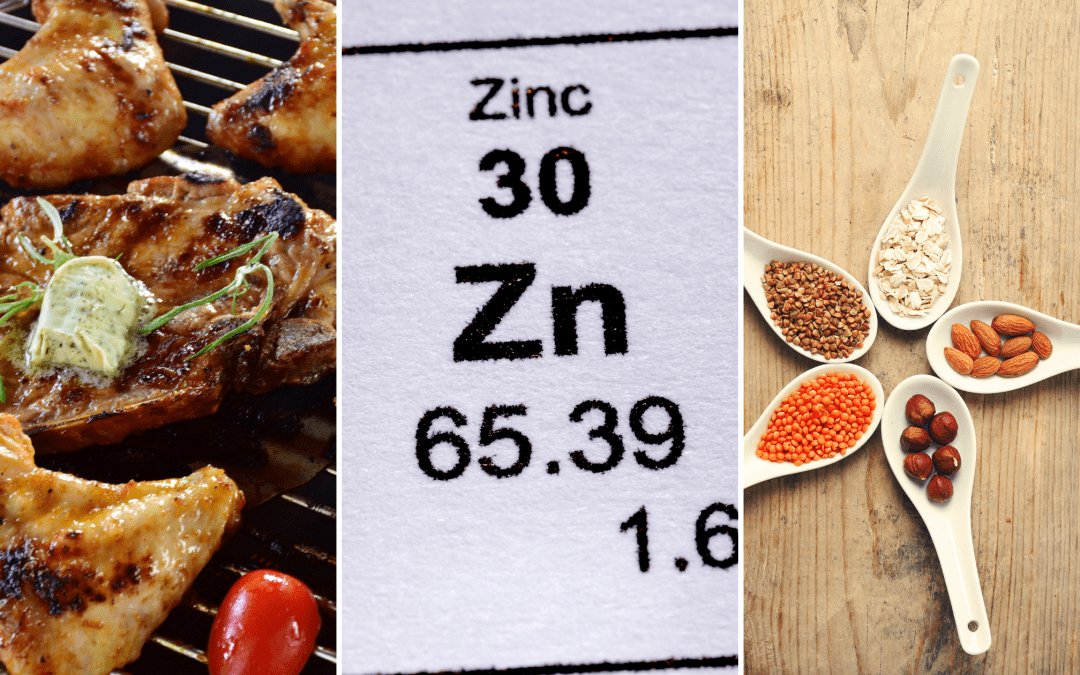In recent years, researchers have shown growing interest in the role of subclinical zinc deficiency and its impact on health. Studies suggest that low zinc levels may significantly increase the risk of diarrhea, respiratory infections, and overall morbidity and mortality.
Along with iron, iodine, and vitamin A, zinc deficiency is considered one of the most important global micronutrient deficiencies.
Food Sources of Zinc
Zinc is widely available in both animal and plant-based foods.
Best natural sources include:
-
Meat and poultry
-
Nuts and seeds
-
Lentils and legumes
In Western diets, zinc fortification in breakfast cereals and packaged foods now plays an increasingly important role in meeting daily needs. Despite this, an estimated 45% of adults may have inadequate zinc intake.
Why Zinc Matters
Zinc supports multiple essential functions in the body:
-
Cell division and apoptosis (programmed cell death)
-
Growth, tissue repair, and wound healing
-
Lipid and glucose metabolism
-
Immunity and infection defense
A deficiency can lead to impaired immune function, reduced antibody production, altered T-cell activity, and poor inflammatory response.
Symptoms of Zinc Deficiency
Zinc deficiency can range from mild to severe.
Mild Deficiency
-
Slowed growth in children
-
Increased susceptibility to infections
Severe Deficiency
-
Growth failure
-
Delayed sexual maturation
-
Impotence or hypogonadism in men
-
Hair loss (alopecia)
-
Loss of taste (dysgeusia)
-
Immune dysfunction
-
Night blindness
-
Delayed wound healing
-
Various skin lesions
Zinc Supplementation and Safety
The human body tolerates zinc intake up to 100 mg/day without adverse effects.
However, mega-doses or zinc contamination from food and beverages may cause:
-
Abdominal pain
-
Diarrhea
-
Nausea and vomiting
Excess zinc intake (>150 mg/day) can also block copper absorption and result in copper deficiency.
Final Thoughts
Zinc is a crucial micronutrient for immunity, growth, wound healing, and hormone health. Because nearly half of adults may not get enough zinc, monitoring dietary intake and considering supplementation when appropriate is important.
Always consult your healthcare provider before starting supplementation, especially if you are taking other minerals or medications.
Nursing your journey to lasting wellness.
Dr. Stasha-Gae Roberts, DNP, MPH, MSN, APRN, AGPCNP-BC
Adult-Gerontology Primary Care Nurse Practitioner
